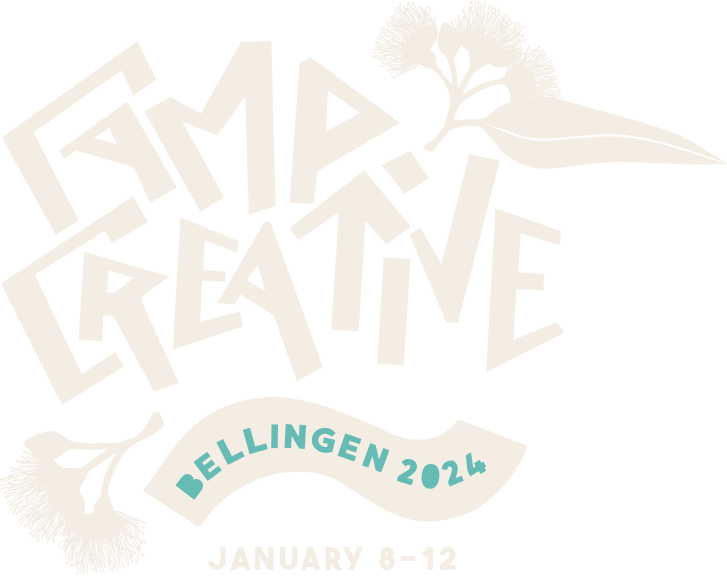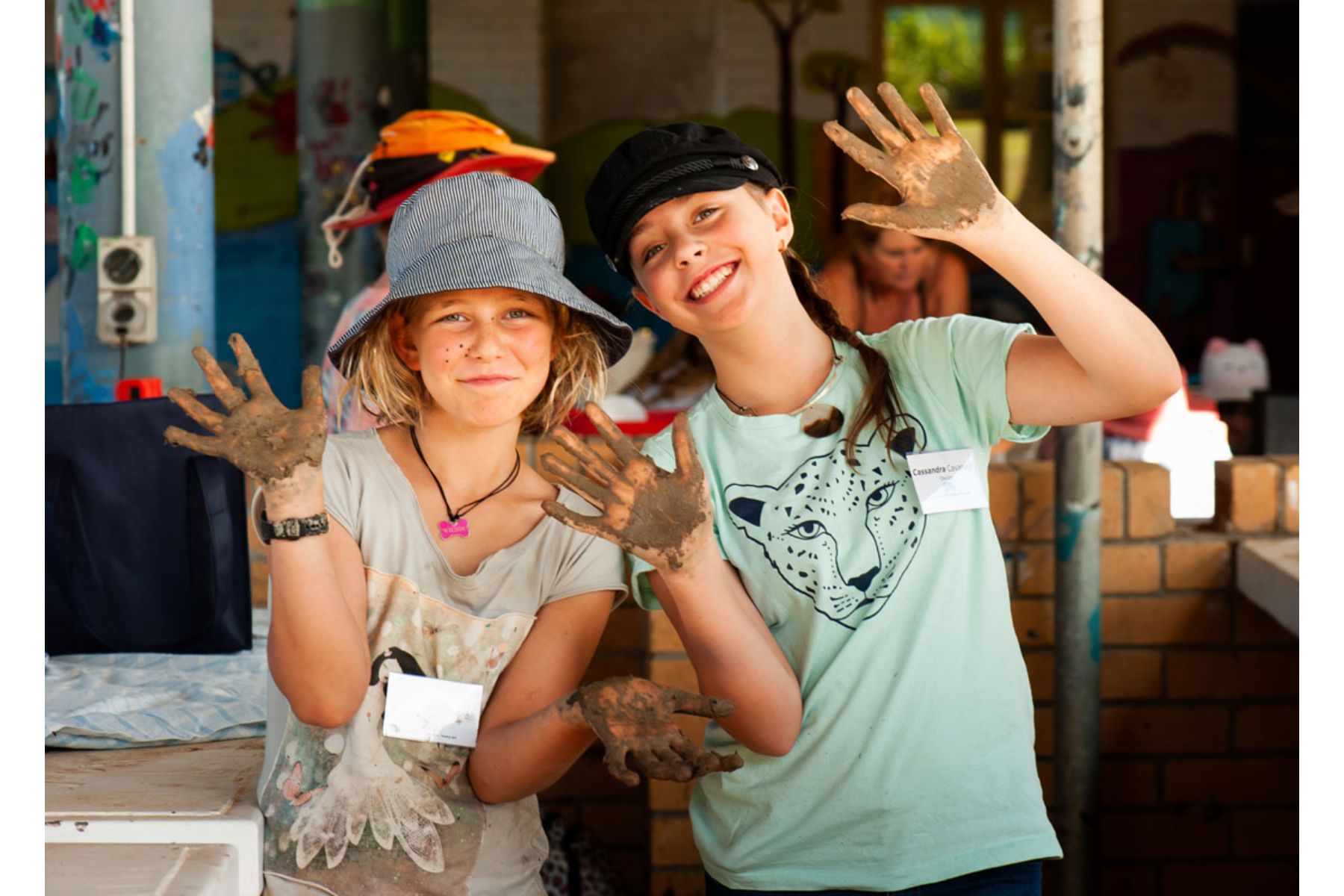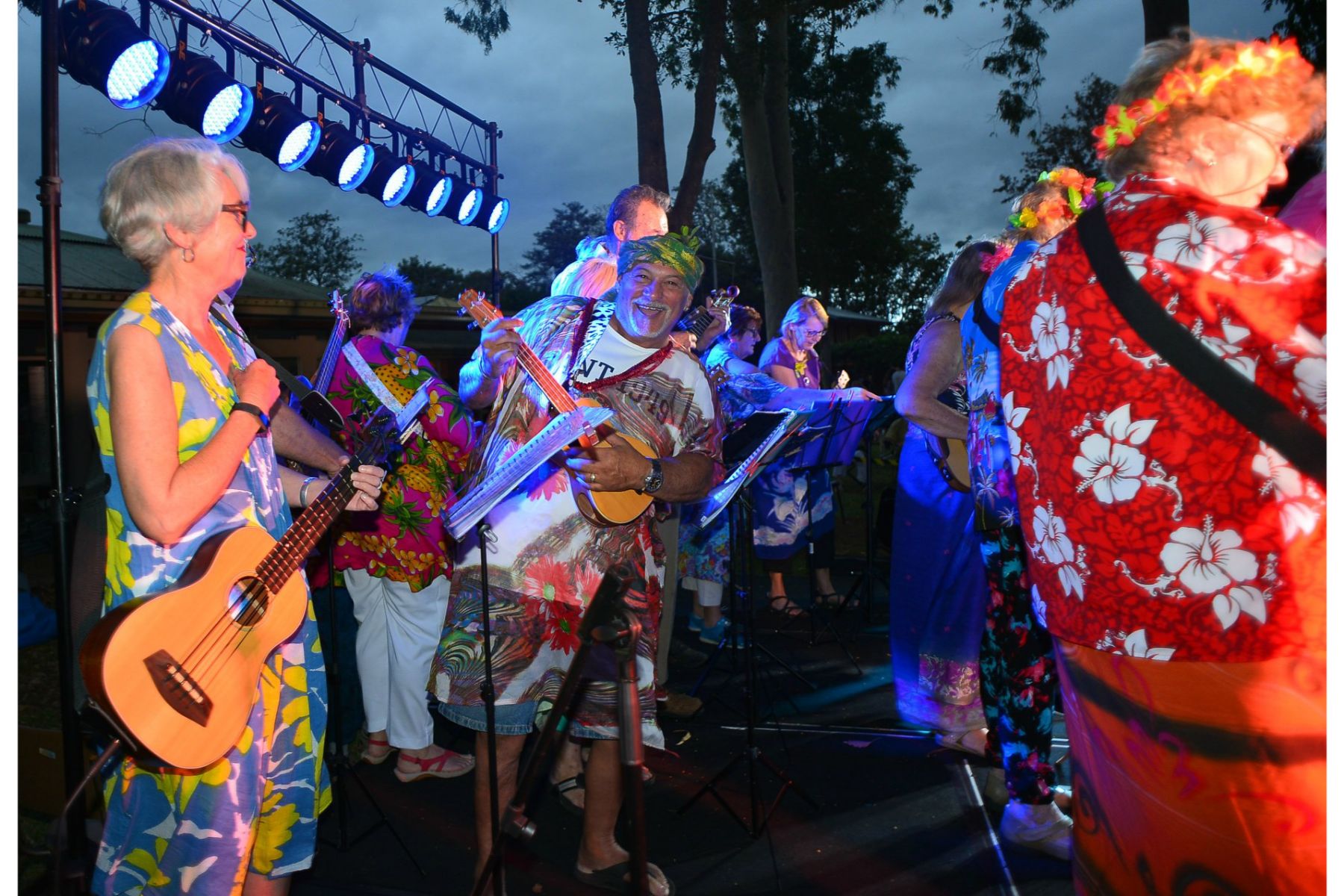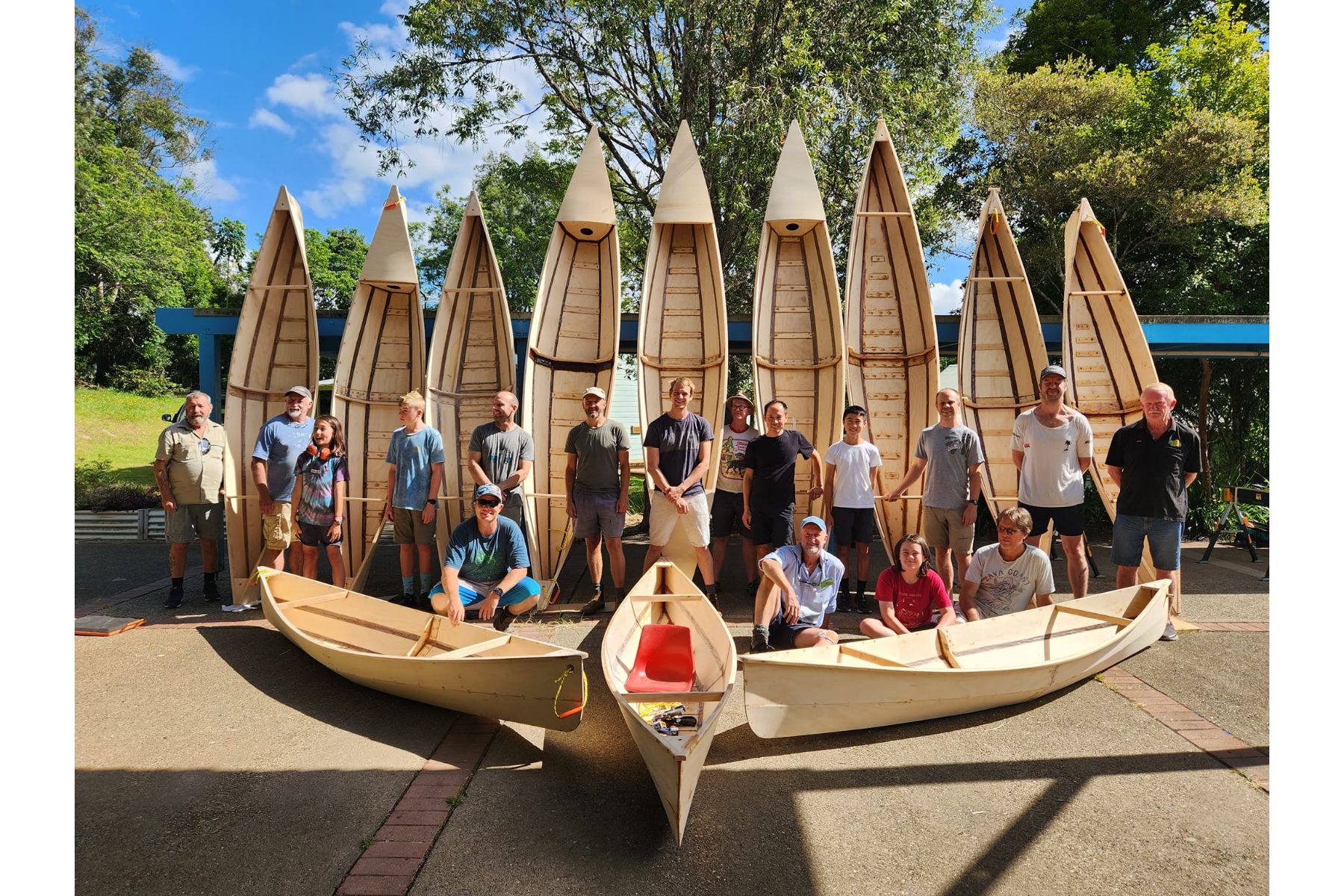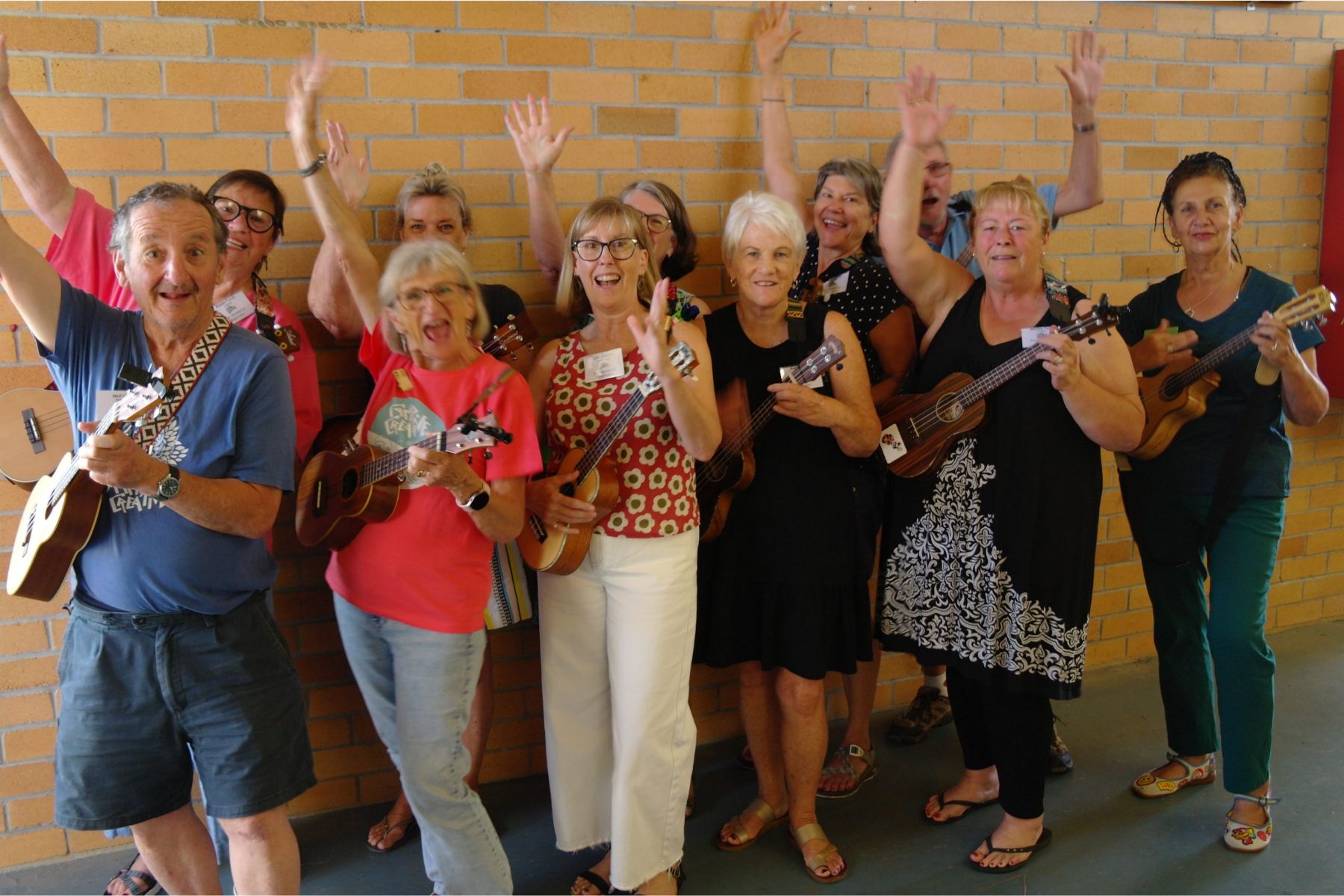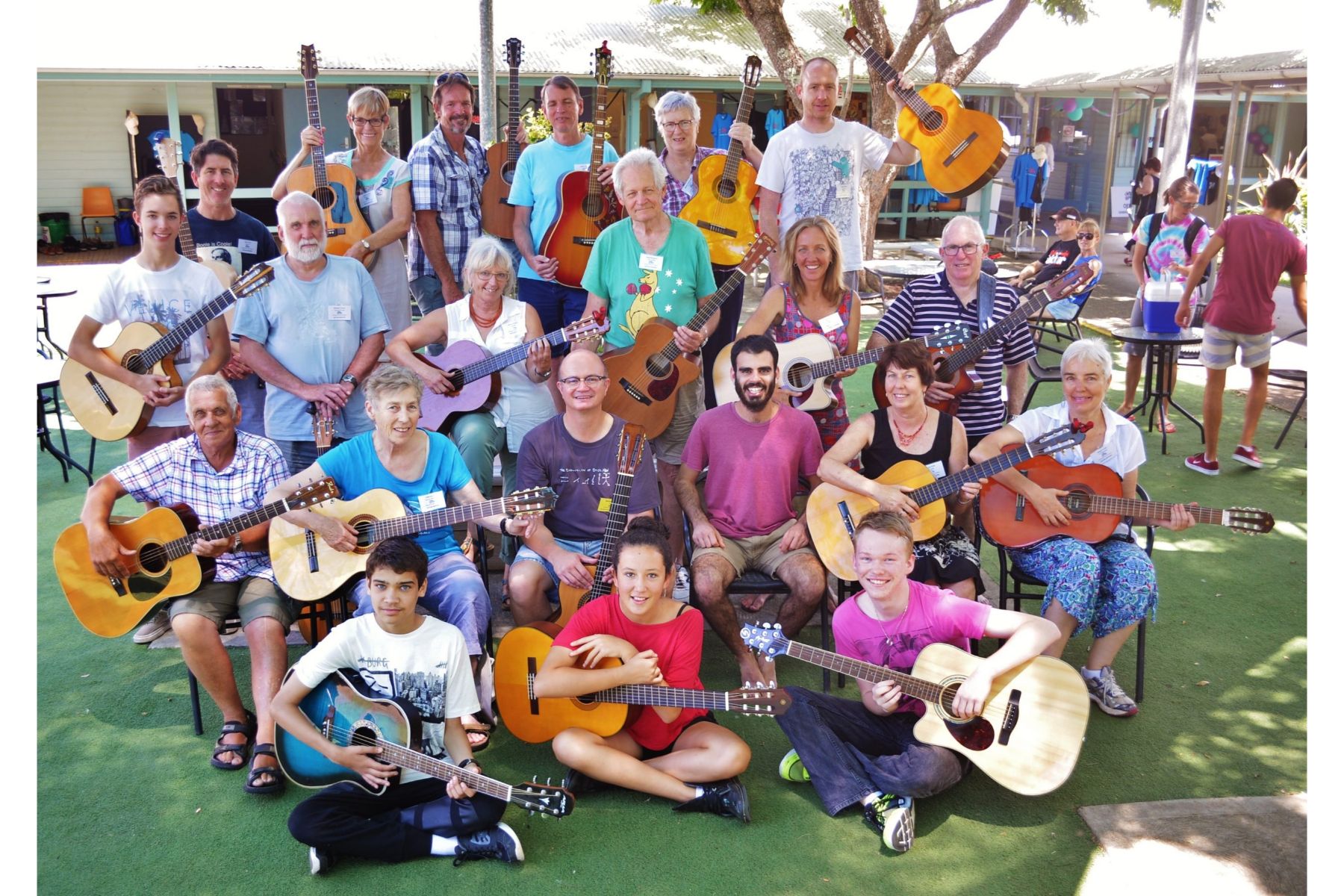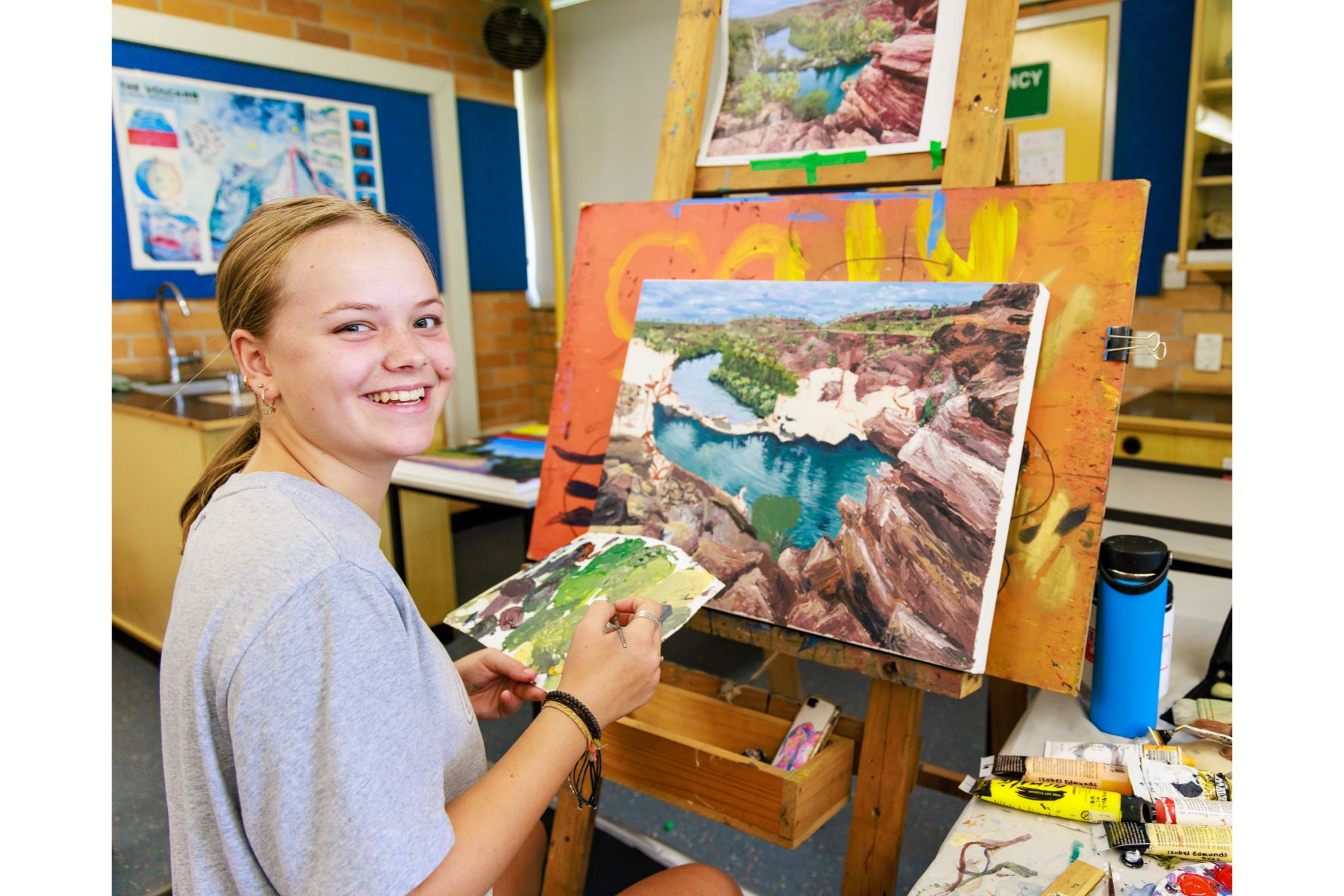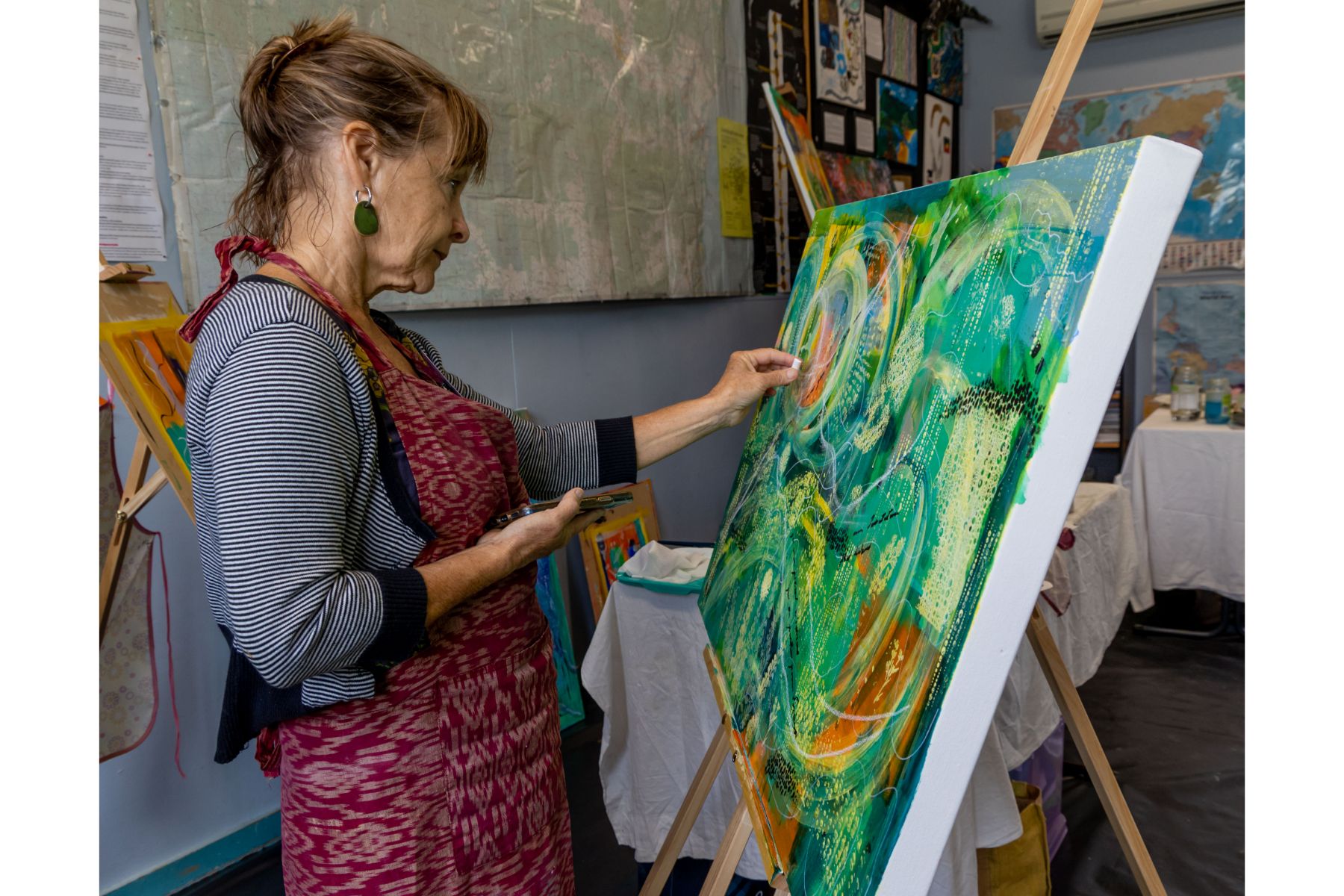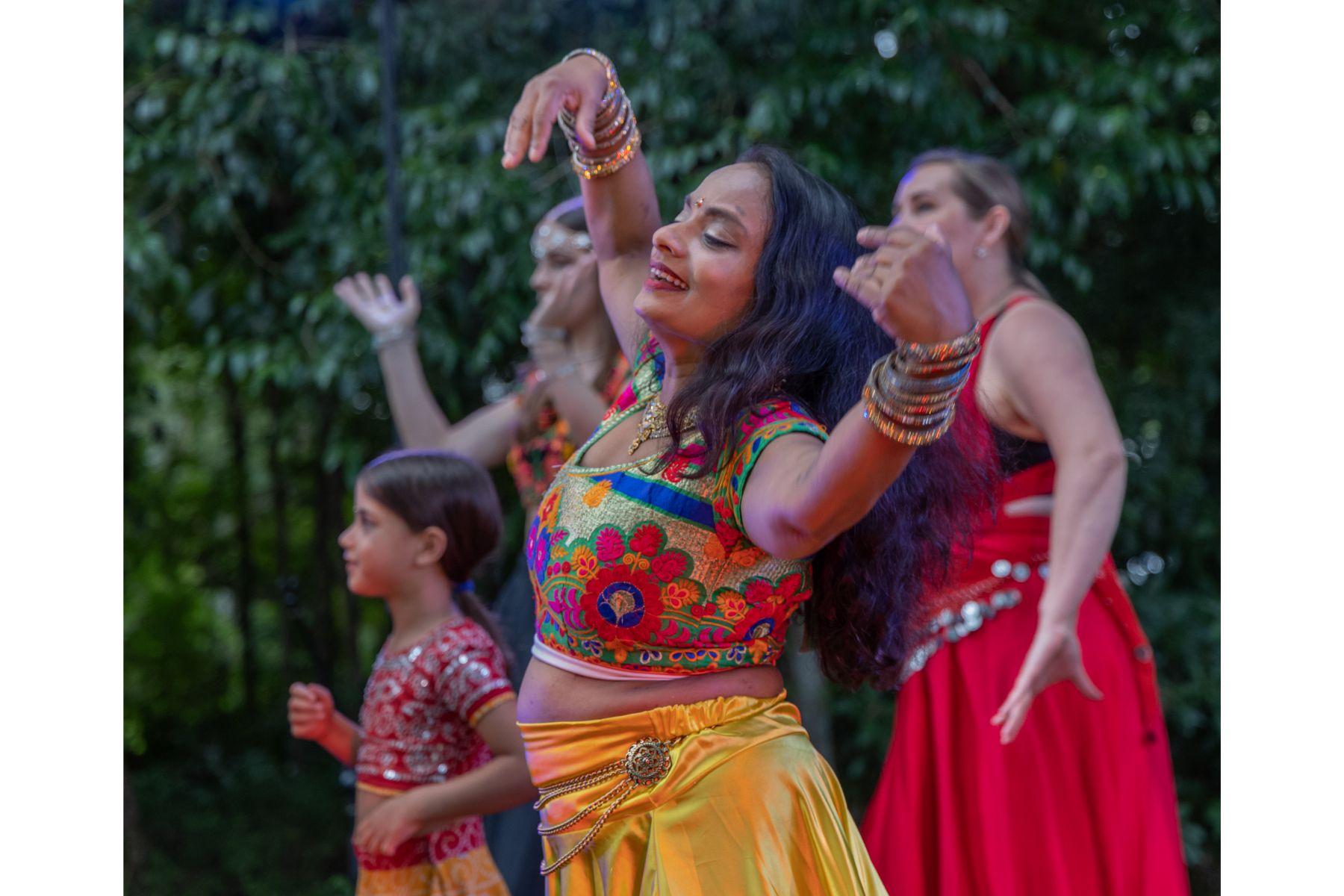Botanical Printing
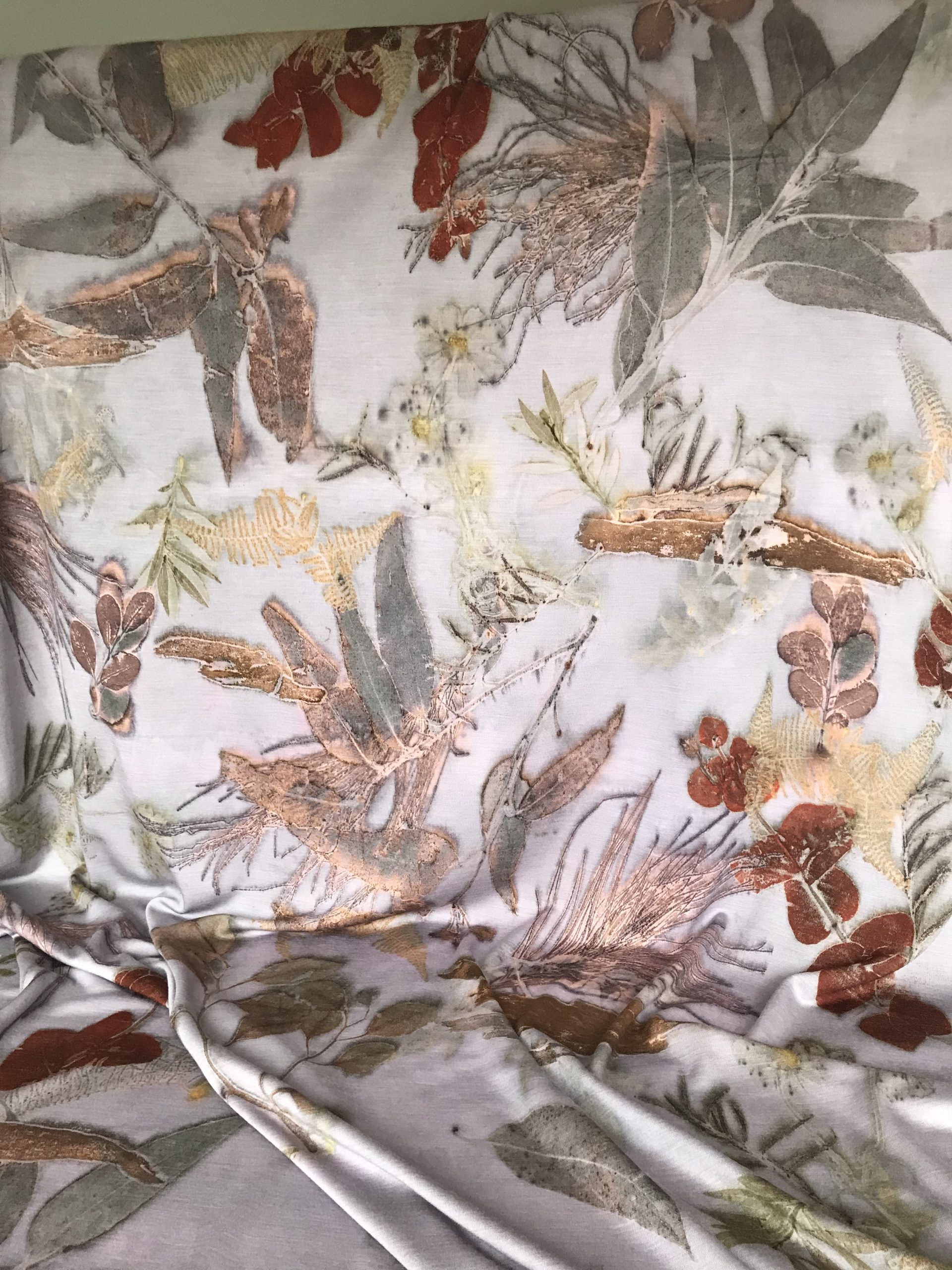
Learn the art of botanical printing on linen, cotton and silk.
Experience the joy of capturing nature’s details on fabric.
Be open to the collaboration with plants and their distinctive traits. We will add some colour using traditional natural dyes.
Botanical printing is a direct contact process using plant matter. This is a class about technique (we are not producing items for sale.)
Once good technique is mastered you may continue at home to print on clothing and larger pieces .
Our pieces will be suitable to make into cushions, table runners, bags and many other things. We will dye some threads so you may stitch into your work later.
Enrol-
Full days - Monday to Friday - 9:00 am to 4:00 pm
-
Suitable for ages 18 to adult
-
Everyone
-
Join waiting list
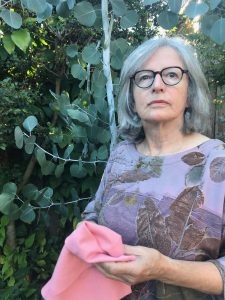
Anne Foy
Since 2017 Anne has combined travel and learning about natural dyeing from leaders in the field.
This has taken her to Spain and twice to Holland. She also attended the World Shibori Symposiums in Mexico and Japan.
Anne has also taught several multi-day workshops in natural dyeing and botanical printing.
